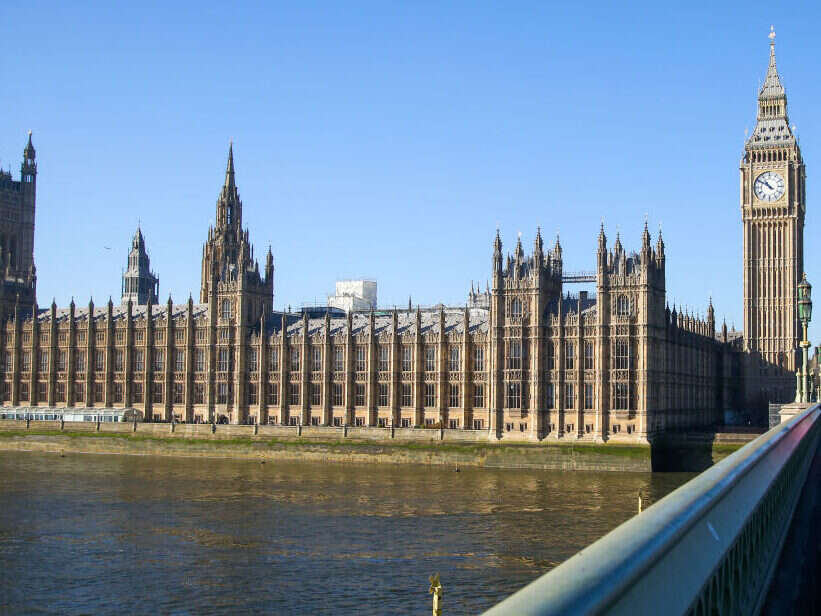
Ministers have been forced to make changes to the controversial National Security Bill after fears were raised that it could have a “chilling” impact on journalism.
The Home Office has faced criticism both from media groups and from peers concerned about the reach of the National Security Bill, which is designed to protect the UK from foreign spies.
It has been reported that Home Secretary Suella Braverman ordered that the Bill be reviewed because of concerns about its impact on journalism.
The Government responded on Thursday by publishing amendments to the draft legislation, with the aim of tightening its scope.
Security minister Tom Tugendhat said the changes would “focus the Bill on the most serious threats we face”.
The amendments include measures to protect journalistic freedoms by clarifying the scope of offences and being clearer that the law “will protect all legitimate activity”, the Home Office said.
Officials said the language would be amended to make it clearer that it would need to be proved what an individual knew, eliminating the possibility that a reporter acting unwittingly could be in breach of the law.
It comes after Telegraph Media Group deputy chairman Lord Black told peers last month that the legislation could have a “chilling impact on investigative journalism” due to the “heavy sentences involved” for those falling foul of the law’s spying terms.
The News Media Association said it would “consider carefully” the planned changes and whether they “provide a workable solution, or if further amendments are needed to provide clarity”.
Its chief executive Owen Meredith said: “We welcome the Government’s recognition of concerns with the National Security Bill and how, as currently drafted, it risks criminalising journalists for legitimate reporting; contrary to stated intentions.
“We should not allow a situation where the public is deprived of knowing vital information because legislation unwittingly chills the media.”
The Guardian reported that media sources view the new amendments with scepticism and may still wish to lobby for a public interest defence for journalists, which has previously been rejected by the Government. “There’s a question whether these changes are sufficient to ensure protection for journalists enough to prevent prosecution,” one media insider told the newspaper.
Similarly the National Union of Journalists suggested the changes did not go far enough. General secretary Michelle Stanistreet said: “We welcome government action in tabling amendments to the Bill that go some way to recognising the concerns raised by the NUJ and press freedom groups on the chilling effect on journalists and journalism.
“However we believe further action is still necessary and that the best way of ensuring journalists can properly carry out their jobs and hold power to account is through a public interest defence.”
The Bill is due to have its report stage in the Lords next week and will return to the Commons once peers have completed its third reading.
Email pged@pressgazette.co.uk to point out mistakes, provide story tips or send in a letter for publication on our "Letters Page" blog
